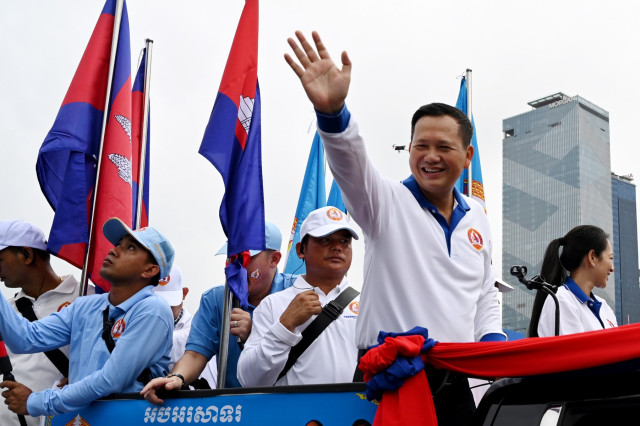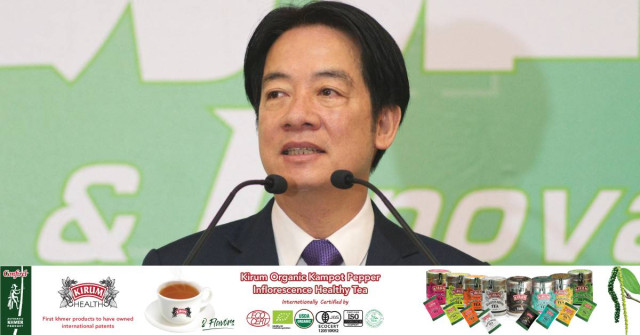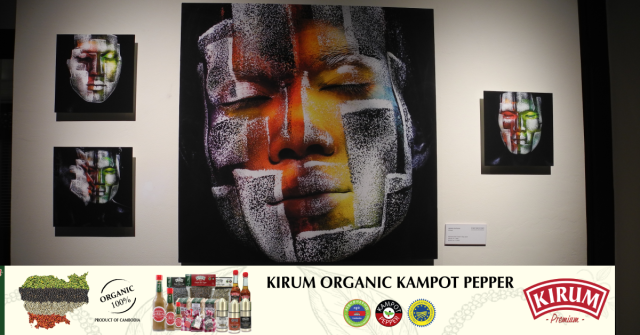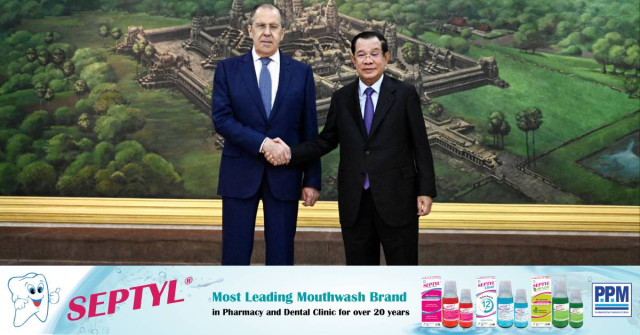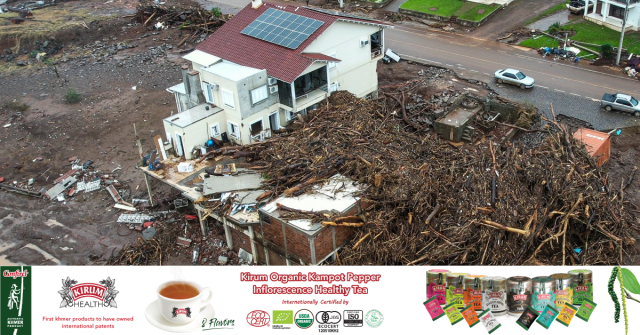COVID-19 Challenges Facebook’s Fight against “Fake News” in Cambodia
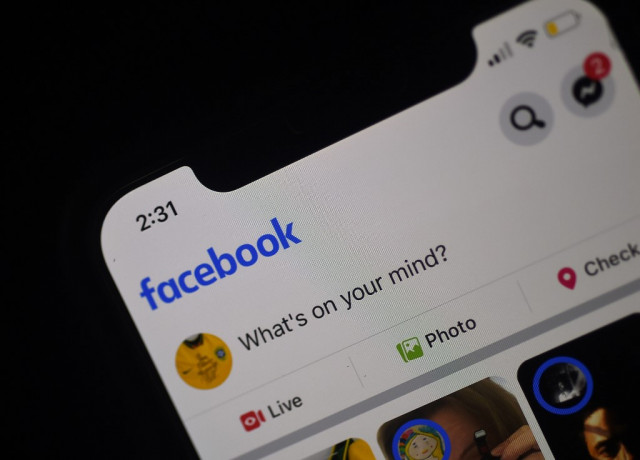
- Gerald Flynn
- May 19, 2020 11:16 AM
With an ever-more urgent need for accurate information, Facebook explains challenges in addressing misinformation in Cambodia.
PHNOM PENH--Battling misinformation during the Coronavirus Disease 2019 (COVID-19) pandemic has proven challenging for news outlets globally, especially given the free flow of unverified information across social media platforms.
Cambodia in particular has taken aim at civil rights, notably freedom of expression, over the course of the pandemic. As of April 1, at least 24 people have been detained and “re-educated” over the sharing of “fake news” about COVID-19 online, with some cases even detained after voicing their concerns over private messaging apps, according to Cambodian human rights group LICADHO, who noted that five of the 24 have been jailed.
Similarly, two Cambodian journalists, Sok Oudom and Sovann Rithy have been jailed and their media licenses revoked as Cambodia’s government tries to limit the spread of information it deems harmful or damaging.
While Cambodia’s press freedoms have seen systematic erosions in recent years, the thriving online communities that have sprung up nationwide are now facing more immediate pressure from the government as COVID-19 gives rise to conspiracy theories and places a heightened value on accurate and potentially life-saving information.
With some 8.8 million Cambodians using Facebook as of April 2019, Raphael Frankel—a representative for the social media giant—outlined the methods that Facebook employs in Cambodia and globally to combat misinformation about COVID-19.
Firstly, Frankel stressed the importance of providing accurate information.
With the introduction of the Facebook COVID-19 information Center feature (located at the top of the newsfeed) and the in-feed and top-of-feed pop-ups on both Facebook and Instagram, Frankel said that users are provided with real time updates and can be directed to trusted health sources such as the World Health Organization (WHO) among others.
According to Frankel, the Information Center feature has reached 2.8 million people in Cambodia where it has some 800,000 followers as of May 11. The pop-up feature has directed 2 billion people to sites for the WHO and other health authorities on both Facebook and Instagram, with 350 million people “clicking through to learn more.”
Clearly, the pandemic has given Cambodians an enhanced appetite for timely, accurate and reliable information, especially regarding the spread of COVID-19 which has infected more than 4.6 million people globally and claimed 311,847 lives according to the WHO’s latest update on May 18.
But platforms like Facebook can become breeding grounds for unverified, inaccurate or wholly untrue information—posing a problem for a society in need of actionable information to help stay safe.
Regarding the direct removal of misinformation, Frankel stated that the platform’s misinformation policy and community standards allow them to remove any content that falls under certain categories.
These categories include claims to cure the virus with treatments, false news on outbreaks, hate speech, content that would inflict harm on others as well as bullying and harassment.
In regards to user data privacy, Frankel stated “Facebook responds to government requests in accordance with applicable law and our terms of service,” continuing that “each and every request is reviewed for legal sufficiency and we may reject or require greater specificity on requests that appear overly broad or vague”.
Every six months, Facebook produces a transparency report and, according to Frankel, the platform “received zero requests from Cambodia’s government during the reporting period July to December 2019.”
“We may also disclose information to law enforcement, on an emergency basis, if we believe that there is a threat to safety for example, in cases of child exploitation or suicide,” concluded Frankel.
Data surrounding Cambodia’s crackdown on Facebook during the pandemic will not be available until later this year.
However, spokesperson for the Ministry of Information Meas Sophorn confirmed that since Cambodia’s first case of COVID-19, the ministry has notified Facebook of more than 30 Facebook pages and personal accounts that he accuses of “spreading misinformation.”
Sophorn could not confirm how many pages or accounts had been suspended or what action Facebook had taken in response, but he noted that some of these pages had since been taken down.









